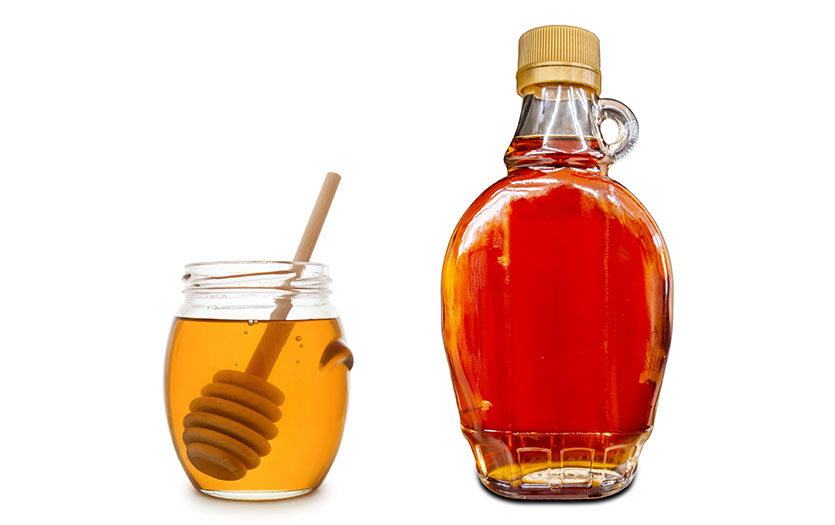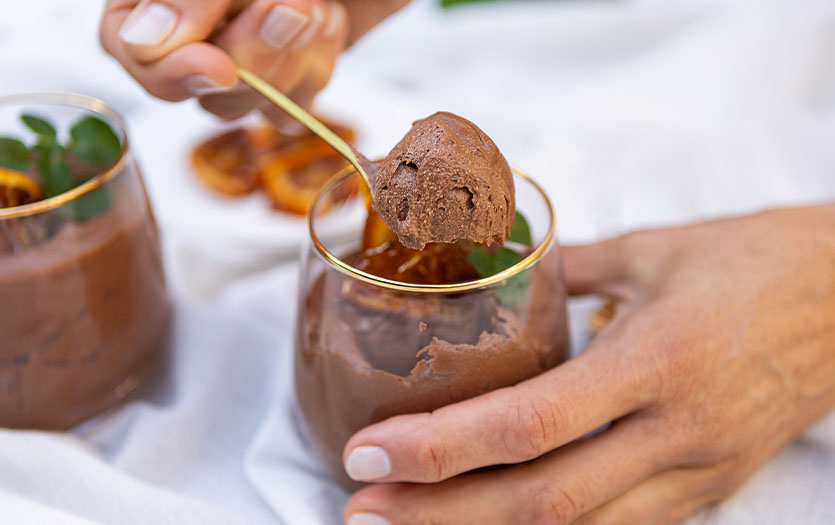
Addiction is defined as, “the state of being enslaved to a habit or practice or to something that is psychologically or physically habit-forming, as narcotics, to such an extent that its cessation causes severe trauma.” As Jolynn Wann, NP, PPG – Weight Management & Bariatric Surgery, explains, people can be addicted to almost anything – television, drugs or, most certainly, food. In this post, she focuses on one substance in particular: sugar.
Sugar works just like any other opioid, by releasing dopamine in the brain. When dopamine, a neurotransmitter, is released in the brain, it impacts the neural circuit – a key component in addiction – and triggers a “high” or intense feeling of pleasure. When that sensation stops, we want to replicate that feeling again and again and again. But each time you repeat that behavior, the brain releases less and less dopamine, so you have to increase the amount or frequency of ingestion to recapture the high. This is considered substance abuse, and it’s absolutely tied to sugar intake.
The research
The now-infamous Connecticut College study, made headlines after it demonstrated that sugar is more addicting than cocaine and can initiate obsessive compulsive behavior in the brain. In the study, researchers offered rats sugar and found that the substance lit up the same neuro receptors as cocaine, and surprisingly, the activity was even stronger with the sugar.
In 2008, scientists at Princeton proved that rats who were fed sugar became dependent on the substance and craved it. They also binged and withdrew from the substance. These findings would suggest that humans would experience the same behaviors.
The risks
The problem with any addiction is that it changes the brain chemistry and that’s when you start having issues with binging, craving, withdrawals and desensitization. Sugar intake affects cortisol, the main stress hormone, which makes it harder to break away.
Adding to the problem, unlike substances like alcohol or amphetamines, sugar is widely accepted in our society and readily available. We have an entire holiday devoted to walking children around to ask for candy! This would never be the case with other drugs. And sugar is in everything, from sauces and dressings, to milk to peanut butter. When someone is addicted to drugs or alcohol, we can take it away, but food is challenging, as it’s a necessary element of survival.
Those who consume a high amount of sugar are at risk of weight gain, tooth decay, and comorbidities associated with obesity, such as heart disease and cancer.
Patients often report feeling tired or uncomfortable after a meal. That can be because they consumed a meal or dessert high in carbohydrates and sugar, which trigger a negative response form the body. We don’t always realize what’s lurking in the foods and beverages we consume. Diet drinks are loaded with sugar, caffeine and sodium. Milk has a ton of sugar and fat. Your body really only needs water. Sugar should be treated as an occasional indulgence. Not a staple of your diet.
Reducing sugar intake
In the PPG – Weight Management & Bariatric Surgery offices, we have patients who come in and they’re addicted to pop. In those cases, we have to safely ween the patient off of two drugs – sugar and caffeine. The unsettling thing is we can’t have these individuals just stop drinking soda cold turkey. Just like when someone stops using drugs or alcohol, we have to slowly pull back on intake. If we don’t, they can experience things like severe headaches and irritability, among other symptoms.
For a healthy diet, it’s best to use natural sugar, whenever possible, and avoid processed foods. Eat fruits in their whole form, so you get the benefit of the fruit’s fiber. Avoid refined sugars and corn syrup whenever possible. It’s important that we never underestimate the power of the food we ingest, and the potential risks it might present.



